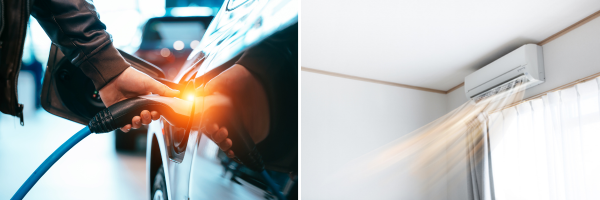Why are energy prices so high this winter & where are we headed?
In recent weeks, gas and electric utilities have been announcing steep price hikes for the next few months – some...
If you’ve been following the economic news, you know that inflation has generally subsided and employment has been strong. But in recent weeks, we have seen a rise in oil prices. Nationally, gasoline prices have risen almost a penny per day for the last month. In New England, wholesale heating oil prices have risen almost two pennies per day. What’s going on?
As the Boston Globe reports, key factors are:

Saudi Prince Mohammed bin Salman and Russian President Vladimir Putin, representing the 2nd and 3rd largest oil producers in the world (US is #1)
Even before this summer, the cost of oil (however you want to measure it) was plenty high enough. At the pump, in the home, in the hospital, and on the battlefield. That’s why studies show that when New England turns the spigot down on oil consumption, our economy and health both improve. After all, we’re buyers here, not sellers.

But as we have been saying for decades, we have alternatives to oil. Today the alternatives are better than ever. So, let’s do our best to choose electric vehicles and heat pumps. At Green Energy Consumers Alliance, we are here to help. And so is Uncle Sam, with generous incentives through the federal Inflation Reduction Act, which can be combined with state incentives.
Learn more about available rebates and incentives for clean energy upgrades.
In recent weeks, gas and electric utilities have been announcing steep price hikes for the next few months – some...
Oil and natural gas prices are on the rise globally in a big way and that means electricity and heating fuel rates...
Comments